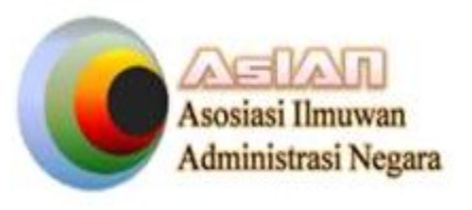Gap Implementasi Dalam Kebijakan Publik: Studi Kasus Implementasi Kebijakan Perpu Nomor 2 Tahun 2022 Klaster Ketenagakerjaan Tentang Pemanfaatan Pekerja Asing
DOI:
https://doi.org/10.56552/jisipol.v5i2.143Keywords:
Public Policy, Implementation Gap, Foreign WorkersAbstract
Perppu number 2 of 2022 is a controversial regulation and has received a lot of resistance from the public, especially workers. Perppu number 2 of 2022 is considered to have the potential to facilitate the entry of foreign workers which threatens and creates new competition for local workers. However, Perppu Number 2 of 2022 shows the use of diction which emphasizes that the aim of the entry of foreign workers into Indonesia is to transfer skills and transfer technology. The research questions and things analyzed in this research are to see how the implementation of Perppu Number 2 of 2022 is and discuss what recommendations and things that can be improved in the implementation of Perppu Number 2 of 2022. This research is qualitative research using literature study data collection techniques. The results of this research show that there is an implementation gap between what is formulated in Perppu number 2 of 2022 and the implementation in the field which is caused by multidimensional factors. By using policy capacity theory and implementation gap theory, the recommendations that can be given for the implementation of Perppu Number 2 of 2022 are improvements in human resource capacity, both in qualitative and quantitative terms and empowerment of non-governmental institutions in overseeing the implementation of the policy. So it can be concluded that there is a large implementation gap between what policy makers formulated in Perppu Number 2 of 2022 and what is implemented in the field.
Downloads
Published
Issue
Section
License
Copyright (c) 2024 Jurnal Ilmu Sosial dan Ilmu Politik

This work is licensed under a Creative Commons Attribution 4.0 International License.












